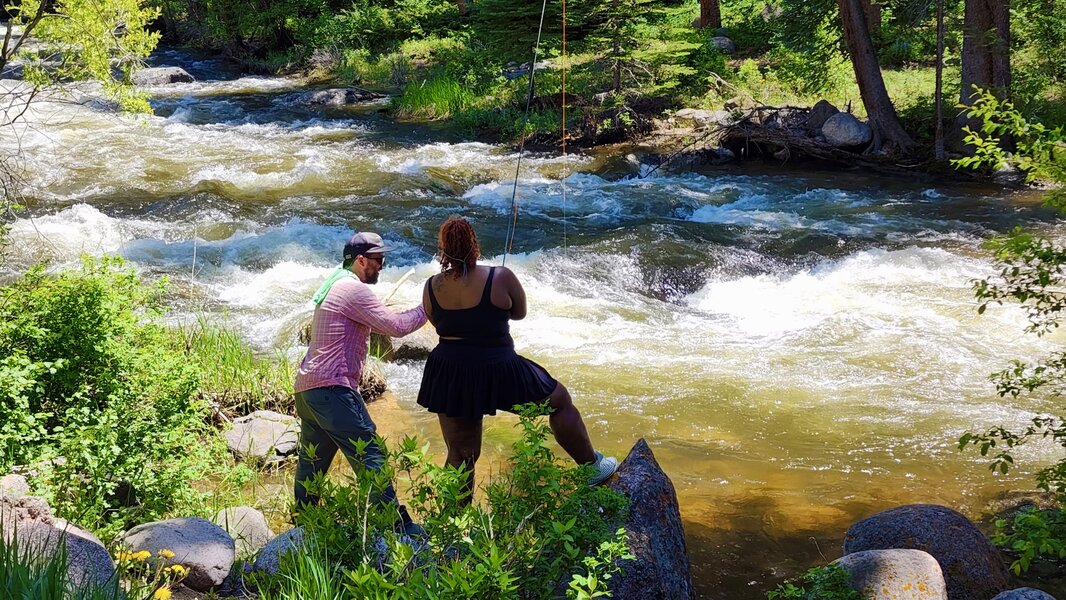In recent years, there has been a growing movement to assert that outdoor spaces and public lands are for everyone, regardless of background or socioeconomic status. This movement seeks to challenge the perception that outdoor recreation is reserved for a select few, emphasizing the importance of inclusive access to nature for all citizens.
Historically, access to outdoor recreation areas has often been limited by socioeconomic barriers, geographic location, or restrictive policies. As a result, many communities, especially marginalized ones, have been excluded from enjoying the benefits of nature. Advocates argue that public lands, parks, and recreational areas should be accessible to all, fostering a sense of community and shared responsibility for conservation.
Organizations and activists are working tirelessly to promote policies that expand access to outdoor spaces. Initiatives include creating more urban parks in underserved neighborhoods, improving transportation options to natural reserves, and implementing programs that encourage outdoor activities among youth and minority groups. These efforts aim to break down barriers and ensure that everyone can experience the health, educational, and recreational benefits that nature provides.
Moreover, there is a growing recognition of the cultural significance of outdoor spaces. For many indigenous communities, land is sacred and integral to their identity. Respecting these cultural connections is essential in the broader conversation about outdoor access and land management. Efforts are underway to include indigenous voices in decision-making processes related to land use and conservation.
Legal frameworks and policies are also evolving to support this inclusive vision. Some states and municipalities are enacting legislation to protect public access rights, prevent privatization of natural areas, and promote equitable distribution of outdoor resources. These measures are vital in ensuring that outdoor spaces remain a shared resource rather than exclusive domains for the privileged.
Public awareness campaigns and community engagement are crucial components of this movement. By highlighting stories of diverse individuals enjoying outdoor activities, advocates aim to inspire a broader demographic to connect with nature. Education programs in schools and community centers further reinforce the message that outdoor spaces belong to everyone and should be accessible to all.
Ultimately, the push to democratize outdoor access aligns with broader goals of social equity, environmental stewardship, and community well-being. As society continues to recognize the importance of nature for mental and physical health, ensuring that outdoor spaces are inclusive becomes an essential part of building a more equitable and sustainable future.
